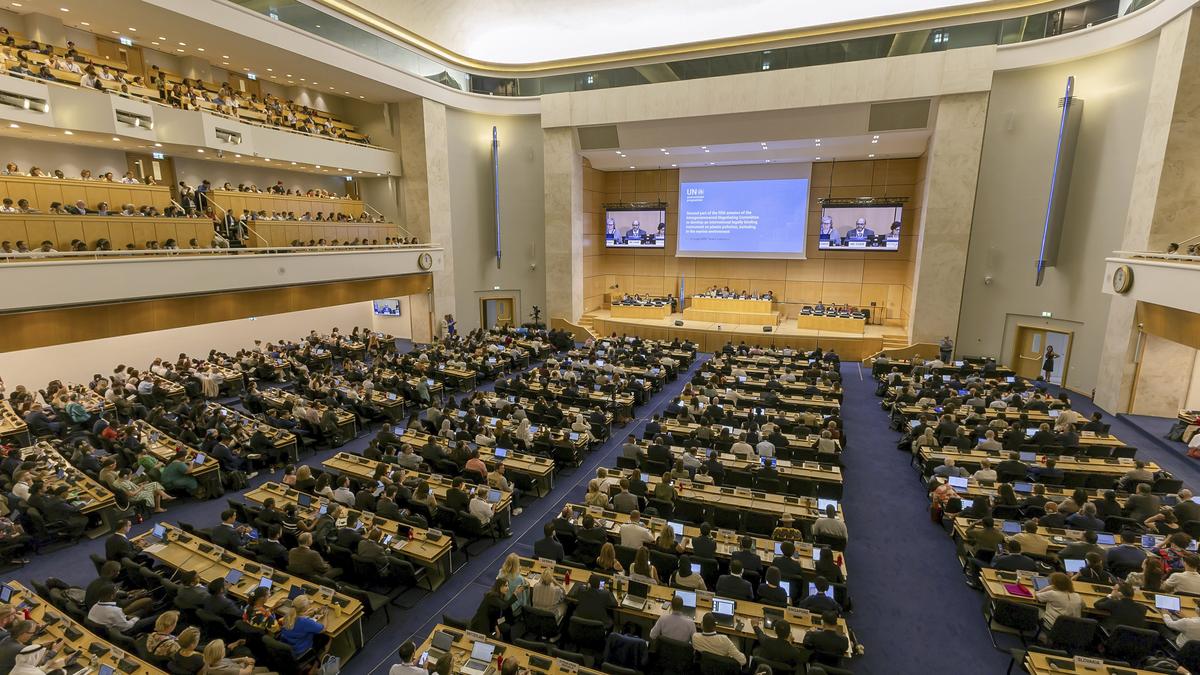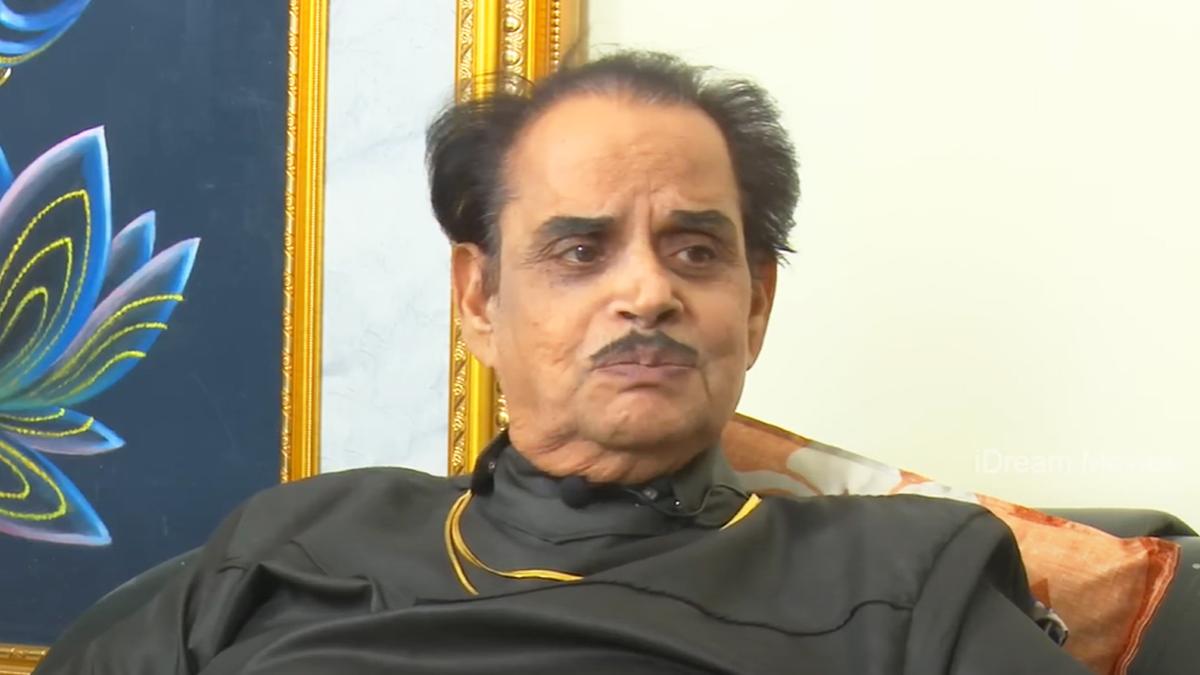
Image used for representative purpose only.
| Photo Credit: Getty Images/iStockphoto
The Promotion and Regulation of Online Gaming Bill, 2025, which was passed in the Lok Sabha on Wednesday (August 20, 2025), marks a major and sudden departure for the Ministry of Electronics and Information Technology from its earlier approach of nudging the real money gaming (RMG) industry to self-regulate. The industry, which counts large firms like Dream11, MPL and PokerBaazi, has largely maintained public silence, but has voiced concern in a letter to Home Minister Amit Shah.
In 2023, the IT Ministry announced an amendment to the Information Technology (Intermediary Guidelines and Digital Media Ethics Code) Rules, 2021, to regulate RMG firms, by getting them to set up a government-registered self-regulatory body. However, IT Minister Ashwini Vaishnaw told reporters on Wednesday the proposals were rife with conflicts of interest.

In the meantime, complaints mounted from MPs and social organisations, Mr. Vaishnaw said, about the toll that RMG platforms were exerting on their constituents and families around the country. “This was across party lines,” Mr. Vaishnaw said. “In every State we were hearing these complaints.” Similar pan-partisan tensions preceded the decision by the GST Council in 2023, when a 28% tax was slapped on all deposits in RMG platforms at face value, as opposed to on the commission, as was the case earlier.
The RMG industry has successfully stalled or fought off State-level bans, thanks to the courts’ settled view that games of “skill,” where a player’s experience and smarts can influence the outcome far more than luck, do not constitute gambling. Since States are restricted by the Constitution on regulating games that are not legally recognised as gambling, the Union government holds the cards. And until Wednesday, it appeared that a light-touch regime would prevail.
With this Bill, the government seeks to render the skill-chance binary moot, presenting the RMG industry with perhaps its final shot at legitimacy at the courts. If the courts do not side in the government’s favour, the state would continue to have yet another policy tool at its disposal: the rumoured so-called sin tax GST rate of 40%, which would further strain the industry’s ability to remain an enticing option for people who want to play to win money.
“Litigation is inevitable,” Meghna Bal, founder of the tech policy think tank Esya Centre said, “as this law fails the test of proportionality under Article 19(1)(g) of the Constitution.” Ms. Bal argued that the 2023 IT Rules amendment was a feasible way to regulate the sector. “There is no rational connection between the law and the purpose it seeks to serve, as it only opens up the market further for illegal offshore platforms that are driving financial losses.”
The Bill also provides explicit clarity to esports firms, which offer competition-based video games, with real life tournaments gaining increasing interest and viewership in India. An “authority” would be established by the IT Ministry that would register esports firms as well as determine whether a given platform is an “online money game” or not.
Published – August 21, 2025 01:39 am IST



